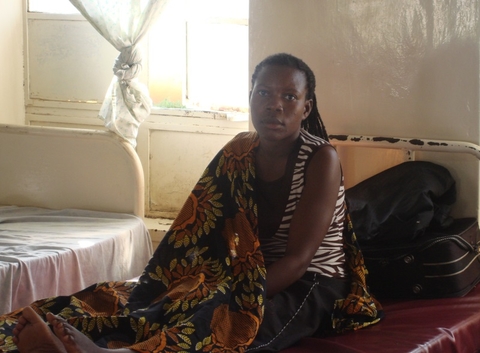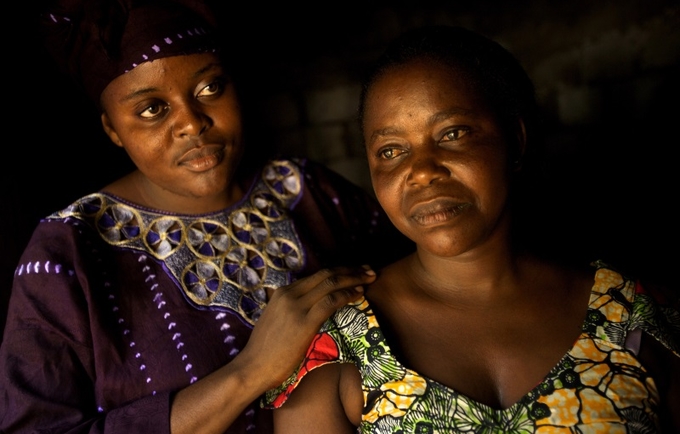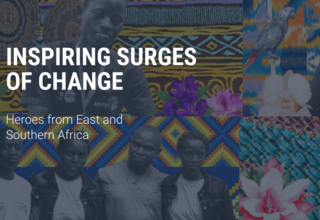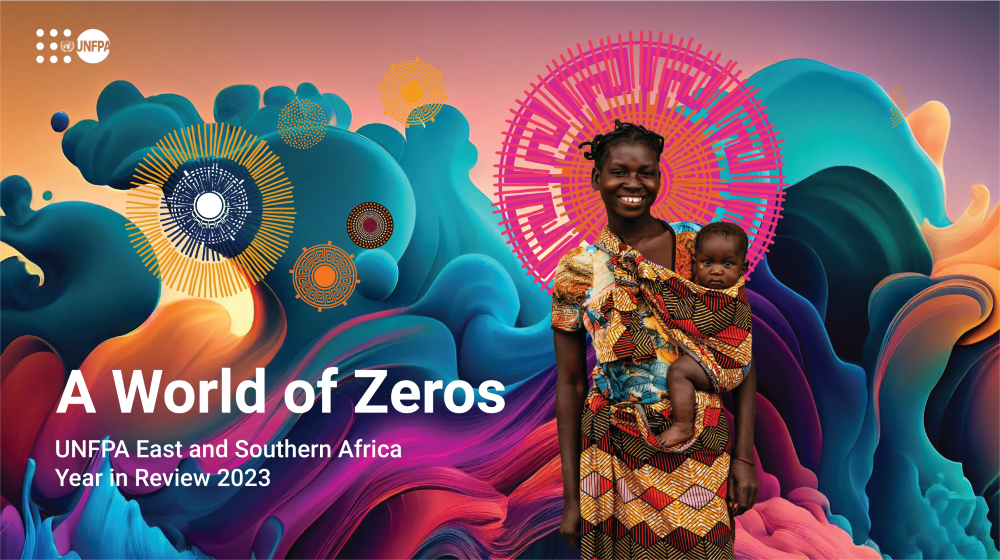KAPAMPALE VILLAGE, Luapula Province, Zambia – Married at age 15, Judith* successfully delivered three children at home in her small village with the assistance of a traditional birth attendant. But with her fourth delivery she would not be so lucky.
“I spent almost 48 hours in labour without progress. It was very difficult to get to the nearest health centre about 14 kilometres from our village, because we did not have transport,” she said.
“Fortunately, a Safe Motherhood Action Group member in my village heard about my ordeal and called an ambulance to take me to St Paul’s Mission Hospital (in Nchelenge) where an operation to deliver the baby was done.”
Thankfully, the intervention saved Judith’s life – but not her baby. “By the time I got there I had lost my baby,” she said.
Living with incontinence
While dealing with this tragic loss, a week later she began passing urine uncontrollably as she had developed a condition which she later learned was called obstetric fistula. The constant leaking of urine had a devastating effect on her life.
“I stayed with this condition for three years, facing a situation where I could not freely interact with my family and neighbours in the village because of the bad smell,” said Judith.
In an obstructed labour, the pressure damages the tissue of the internal passages of the bladder or rectum. If the woman has no access to a Caesarian section and emergency obstetric care, she may become permanently incontinent, leaking urine or faeces through her vagina.
Obstructed labour is also one of the major causes of maternal deaths. In about 90 per cent of cases, the baby does not survive.
Fistula is a health system failure

A fistula can usually be repaired with reconstructive surgery. They are also almost entirely preventable; the fact that women develop them is a symptom of health system failure to meet their needs.
Yet an estimated two million women in sub-Saharan Africa, Asia, the Arab region, Latin America and the Caribbean are living with a fistula. And about 50,000 to 100,000 new cases develop each year.
Many women suffer from fistula without realising that in most cases their condition can be healed, allowing them to lead normal lives once more. UNFPA supports the Zambian Government with the holding of 'fistula camps' across Zambia, which resulted in the successful treatment of 1,846 fistula patients between 2006 and 2014.
UNFPA supports fistula repair camps
Until April 2013, Judith was unaware of these healing camps but then she was approached by a member of the Safe Motherhood Action Group, who arranged for her to travel to Mansa General Hospital. Here she learned about the fistula repair camp and was admitted for repair surgery.
The results were what she had hoped for: “Shortly after my operation, I was happy to notice that I could control the passing of urine. I came back to the hospital for review and I was excited when the doctor told me that my fistula is completely repaired!” she said.
Judith is one of more than 1,800 women whose fistulas have been successfully repaired in Zambia over nine years, enabled by support from UNFPA in the form of trained doctors and surgical repair equipment. Fistula repair camps are held quarterly each year. UNFPA also supports capacity development to improve the capacity of doctors and nurses to conduct quality fistula surgeries.
Because timely and accessible Emergency Obstetric Care (EmONC) is critical for preventing fistulas when women endure prolonged labour, UNFPA Zambia, in partnership with the government and national and international partners, works to address challenges related to timely and adequate access to antenatal care, skilled delivery, and postnatal care.
This support included the design of a catalytic intervention model that will improve the capacity of the national health system to deliver a comprehensive package of fistula prevention and repair services in Zambia. It also involved a national assessment to guide interventions to strengthen capacities at the health facility level.
Judith is grateful for the difference this partnership has made to her quality of life: “My life is back to normal because I can now walk freely without fear of people staring at my wet chitenge (a fabric worn by women wrapped around the waist).
“I feel beautiful again,” said Judith, with a big smile.
By Jenipher Mijere, UNFPA Zambia
* Family name withheld.




